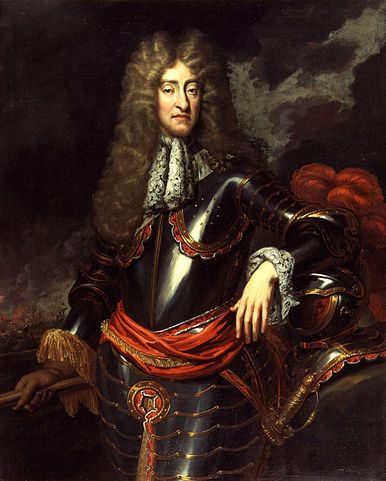King vs Emperor
In order to distinguish between a King and an Emperor, it is essential to know the differences between a kingdom and an empire. Both King and Emperor are titles that denote the ruler of a specific area, but the title varies depending on the area where their reign takes place. The term king refers to a male sovereign, who is usually the hereditary ruler of an independent state or Kingdom. In contrast, an emperor refers to the sovereign of an empire. The primary difference between the two words, king and emperor, is that a sovereign with the rank of emperor is higher than a sovereign with the rank of king. Both kings and emperors were often considered as gods within their kingdom or empire by their subjects and were highly respected. Kings and emperors were always focused on expanding the borders of their kingdoms and empires.
Key Takeaways
- A king is the hereditary ruler of an independent state or kingdom, while an emperor is the sovereign of an empire, which may include many small kingdoms.
- An emperor has a higher rank than a king and oversees all the affairs of an entire empire, while a king may only have limited responsibilities within their kingdom.
- The female ruler in a kingdom is called a Queen, while the female ruler in an empire is called an Empress.
Who is a King?
The term King refers to a male sovereign, who is typically the hereditary ruler of an independent state or kingdom. However, a king can also be the ruler of only a part of a much larger empire. In this case, it shows that a king is a ruler of any independent state or a dependent region. The female ruler in a kingdom is known as the Queen, who can be the wife or mother of the king, or simply the ruler of a kingdom where there is no king.
Who is an Emperor?
An emperor, on the other hand, is the ruler of an entire empire, which may include many vassal kings who are in charge of various small kingdoms within the larger empire. These rulers hold the title of kings but have less power than the emperor. The emperor manages and oversees all the affairs of the entire empire, while a king is given limited responsibilities by the emperor, pertaining only to the specific area where they are declared as king. It is known from history that many vassal kings have paid taxes to the most important emperor in the form of land taxes collected from individual members of society. The emperor, as a whole, takes care of all the small kingdoms managed by individual kings. The female ruler in an empire is known as the Empress, who can be the mother or wife of the emperor, or simply the ruler of the empire.
What is the difference between King and Emperor?
- A king is typically the hereditary ruler of a kingdom, while an emperor is the sovereign of an empire.
- A king can be an independent ruler or a vassal king of a dependent state, while an emperor is always an independent ruler.
- An emperor has more responsibilities and powers than a king, overseeing all the affairs of an entire empire, while a king may only have limited responsibilities as the emperor desires.
- The female ruler in a kingdom is the Queen, while the female ruler in an empire is the Empress.
- Both emperors and kings come into power through conquest or inheritance, but a king can also come to power through election, as in the ancient Kingdom of Rome.
- Examples of emperors include the Japanese and Chinese emperors and Napoleon Bonaparte, while examples of kings include King George V and George VI.
